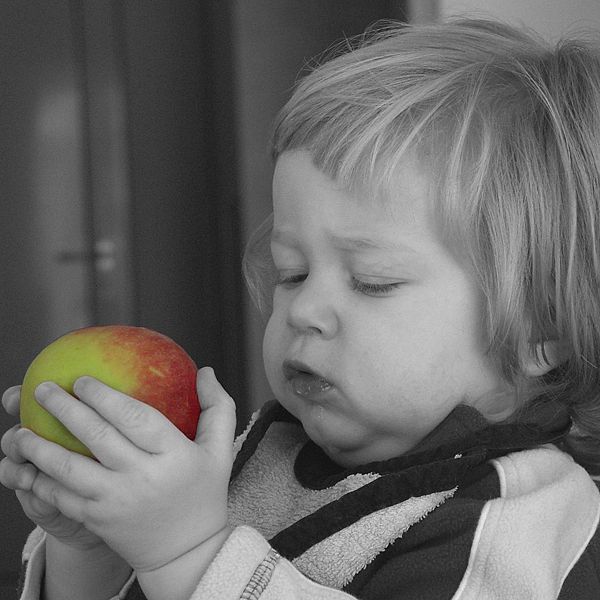Jurisdiction:
Area of Law:

Since child custody laws are regulated by the individual states, the laws can vary significantly from state to state. However, there are some general concepts that anyone with children should be aware of. In New York state, the applicable laws are laid out in Chapter 14 of the Consolidated Laws of New York.
In New York, the laws have provided the criteria that New York Courts are to consider when determining who shall maintain custody of the child after a separation or dissolution of marriage. The courts shall take into account the following things: (1) which parent has been the main caregiver of the child; (2) the parenting skills of each parent and their respective ability to provide for the child’s special needs, if any; (3) the mental and physical health of the parents; (4) whether there has been domestic violence in the family; (5) the work schedules and child care plans of each parent; (6) the child’s relationships with the members of the family; (6) the wishes of the child, depending on his or her age and maturity; and (7) the ability of each parent to cooperate with the other parent and to encourage the child to maintain a relationship with the other parent, if it is safe to do so.
Types of Custody
Legal Custody refers to the right and responsibility of a parent to make decisions relating to the health, education, and general welfare of his or her child. This means that the parent who has legal custody will choose where the child will go to school, what religion he or she will be exposed to, and any and all medical decisions.
Some unmarried couples have joint legal custody over their children. This means that both parents to whom the joint legal custody refers have the legal authority to make such decisions.
Physical Custody refers mostly to the right and responsibility to choose where the child will live. The parent who has physical custody is responsible for the day to day care of the child, but it should be noted that the non-custodial parent still has the responsibility to provide financial support, which may be judicially mandated in a courtroom. The non-custodial parent will also have visitation rights.
Joint physical custody is a situation where the children maintain two residences – one with each parent. There is generally a close to equal division of time that the child spends with each parent, but sometimes careers and other considerations make that impractical.
Relocation
One of the most common conflicts to arise when dealing with child custody issues is when one parent wants to relocate with the child. Often the custodial parent will have a career opportunity or a new relationship that will lead him or her to a distant location. There are several legal considerations to take into account when this situation occurs.
First and foremost, the “best interest of the child” standard always applies in any custodial proceedings, and really in any dispute that will affect the welfare of a child. The burden is always on the relocating parent to show that it is in the best interest of the child to make the move along with him or her.
The court takes several other things into consideration in addition to the “best interest of the child” standard. If the child is both old enough and mature enough to comprehend the decision, his or her opinion will be taken into account. It is also more likely for the court to approve of a move over a shorter distance than a longer one. Another obvious consideration is the motivation for the move. If the parent is moving because of a great career opportunity, the likelihood that the court will show approval is higher than if the move is primarily to suit the relocating parent’s new romantic relationship.
A relocating parent should do everything that he or she can to accommodate the non-relocating parent. Courts do not look favorably upon deceit and withholding information in situations like this. Because the court is primarily concerned with the child's well being, the relocating parent needs to have a plan for the child in the proposed, new location involving schools, day care, and most importantly, the means to maintain contact with the non-relocating parent.
Due to the nature of child custody battles, there is never a general answer that can be applied to every situation. There are many free New York resources that can aid you to better educate yourself about the best way to approach your particular situation. Click here to find a child custody attorney in your area.
